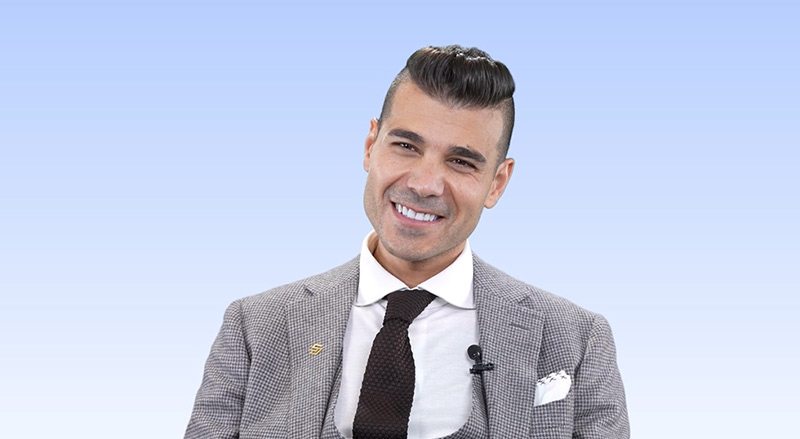As the world becomes more interconnected and digitised than ever before, the Middle East is increasingly leading the way on blockchain to redefine traditional systems and empower a new era of transparency, efficiency, and security.
The vision of integrating blockchain into the fabric of Middle Eastern societies heralds a technological evolution and a profound shift in how businesses, governments, and individuals interact and transact. This signals a commitment to embrace the future and position the Middle East as a global leader in harnessing the unparalleled capabilities of blockchain for the benefit of its people and the broader international community.
Dr Anas Hakimeh, Co-Founder of Silverline Technologies, aims to be at the forefront of this innovation as he and his company lead the charge in the region. Silverline is focused on the intersection of economics, technology and blockchain, with a specific focus on offering IT solutions to companies across the Middle East.
‘Silverline is a dream which started a few years ago about bringing this groundbreaking technology to the Middle East, helping shape up the economy here, and giving everybody the ability to control their lives’, Hakimeh said.
Educating about blockchain is a key focus
While Silverline is currently working on several projects, its main focus at the moment is education, said Hakimeh. ‘Education in this region is key at this point. This allows us to understand this technology and apply it. This technology is not just a sticker that you put on a business – you have to use it in a way that could be impossible without it.’
He added that one of the biggest hurdles is understanding the fundamentals of what blockchain is capable of and what it can achieve. While businesses are unlikely to consider integrating their entire operation with blockchain for a 5%, 10% or 15%, Hakimeh believes the BSV blockchain could offer a 50x – 100x increase in efficiency and profitability which is sure to garner enterprises’ interest.
He added that the goal isn’t to reinvent the wheel, but instead to work to connect existing BSV blockchain-powered tools with the people who need them the most. The company has forged partnerships with some of the leading BSV companies, from UNISOT to SmartLedger, and is connecting them with clients in the Middle East who most need their solutions.
The Middle East is a key market for the BSV blockchain
Hakimeh noted that the Middle East has vast human and natural resources, but it’s still largely reliant on outdated systems implemented decades ago. ‘The Middle East is a fascinating place filled with potential,’ he said. Looking at this sector there are so many ways and sectors you could introduce (blockchain)’ he said.
He pointed to Saudi Arabia and Dubai which have placed a heavy emphasis on incorporating blockchain into their respective logistics industries. ‘I think logistics and gaming will have the first penetration in these markets – but for different reasons. But again there are opportunities everywhere.
As an example, BSV Blockchain and the University of Sharjah initiated a project led by Mohammed Al Hemairy in 2022. This endeavour focuses on safeguarding the cultural and heritage aspects of the UAE by leveraging a Metaverse system powered by the BSV blockchain.
Emerging as a leading educational establishment in the Middle East for blockchain and its associated domains, the University of Sharjah holds the top rank among the nation’s universities.
It has been actively engaging with blockchain technology, notably employing a BSV blockchain-backed remedy to combat the pervasive issue of counterfeit academic certificates, which totals a staggering $1 billion.
